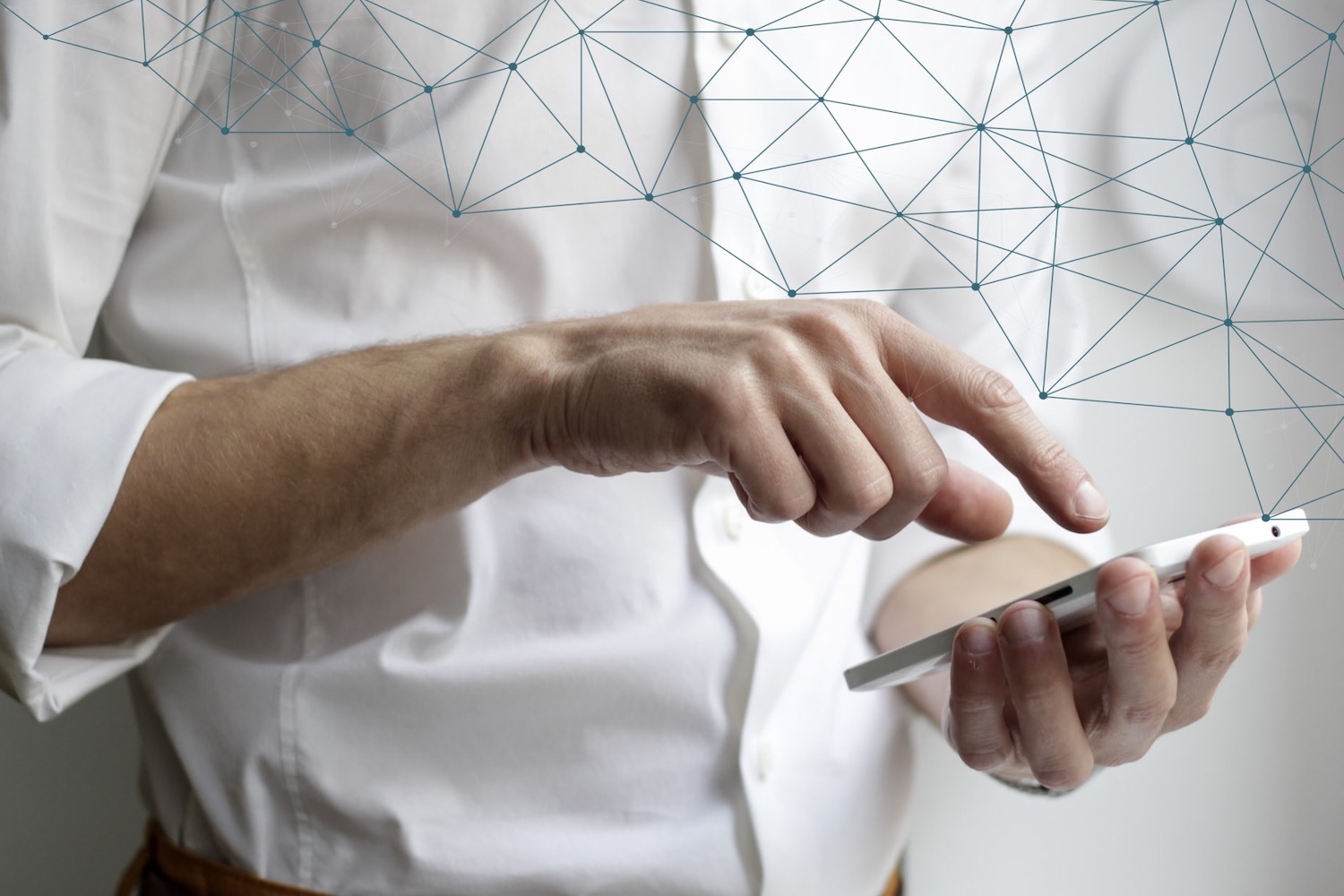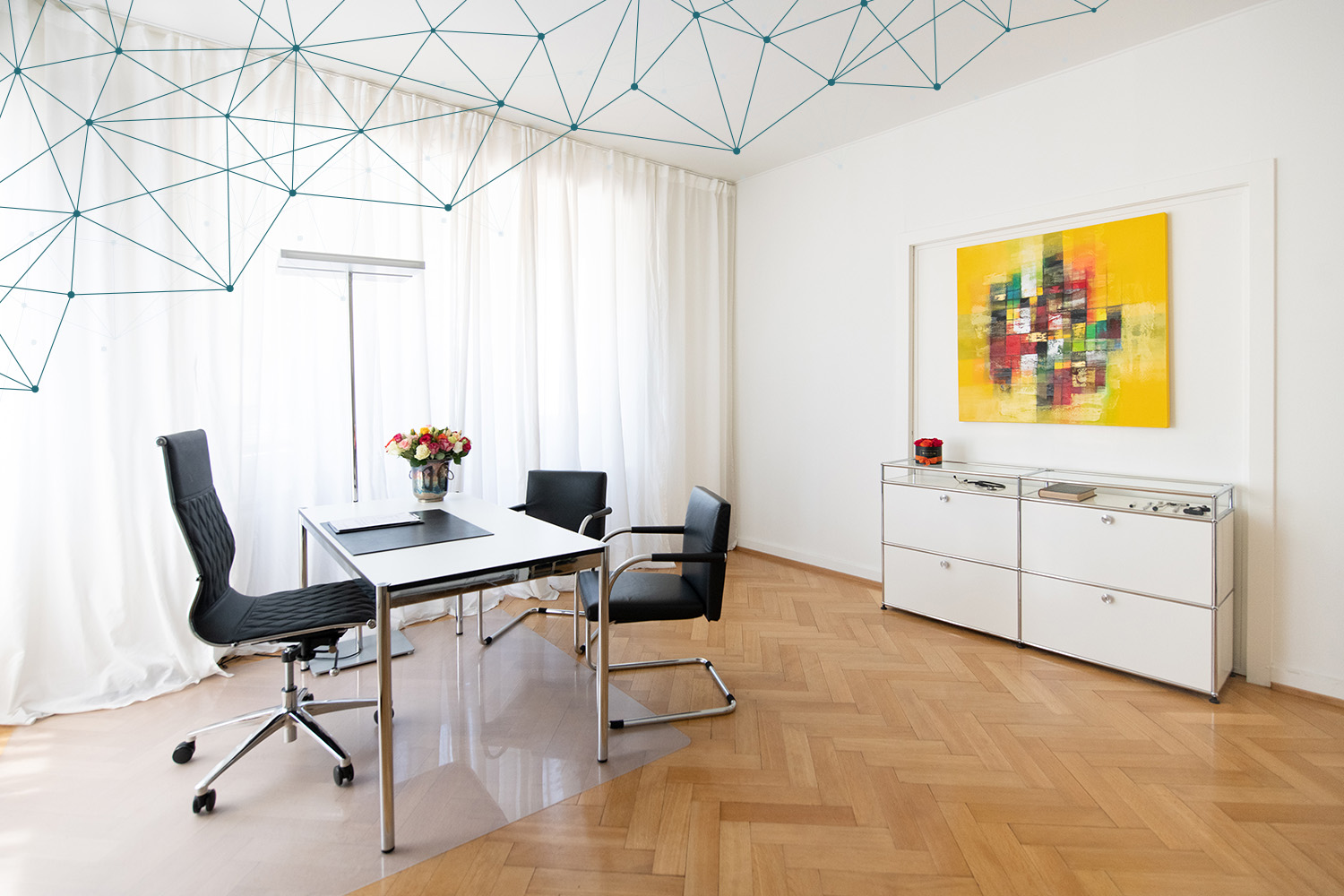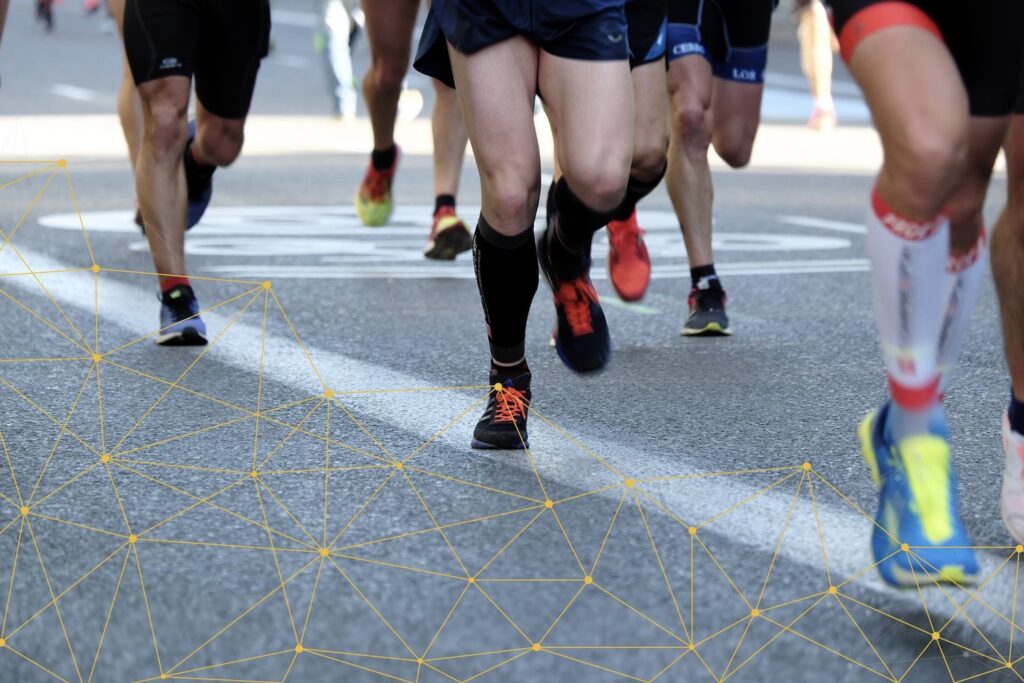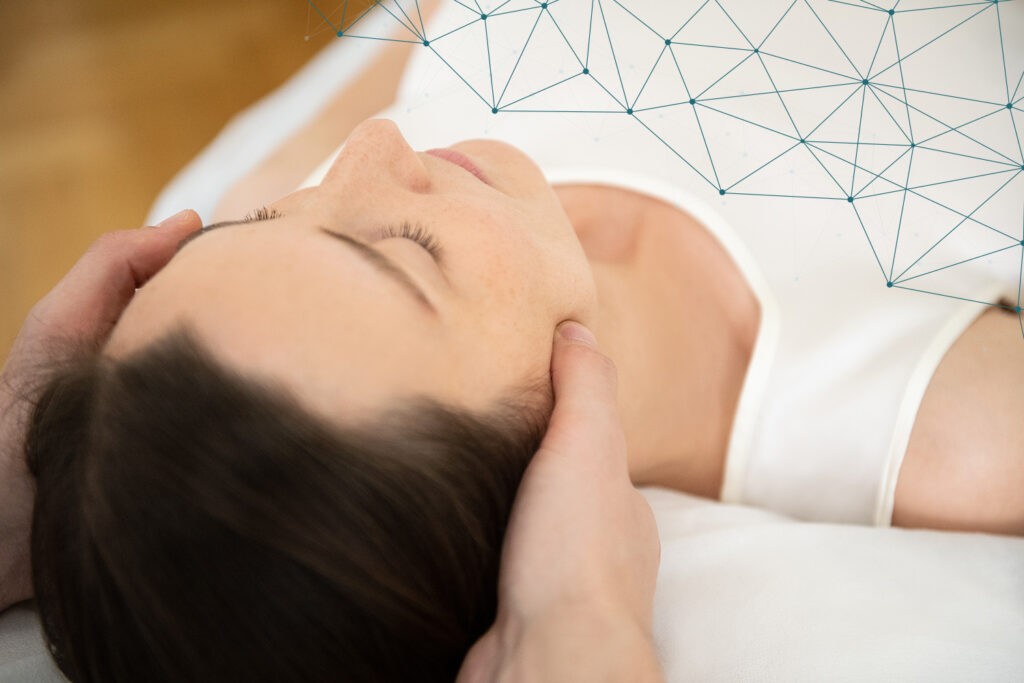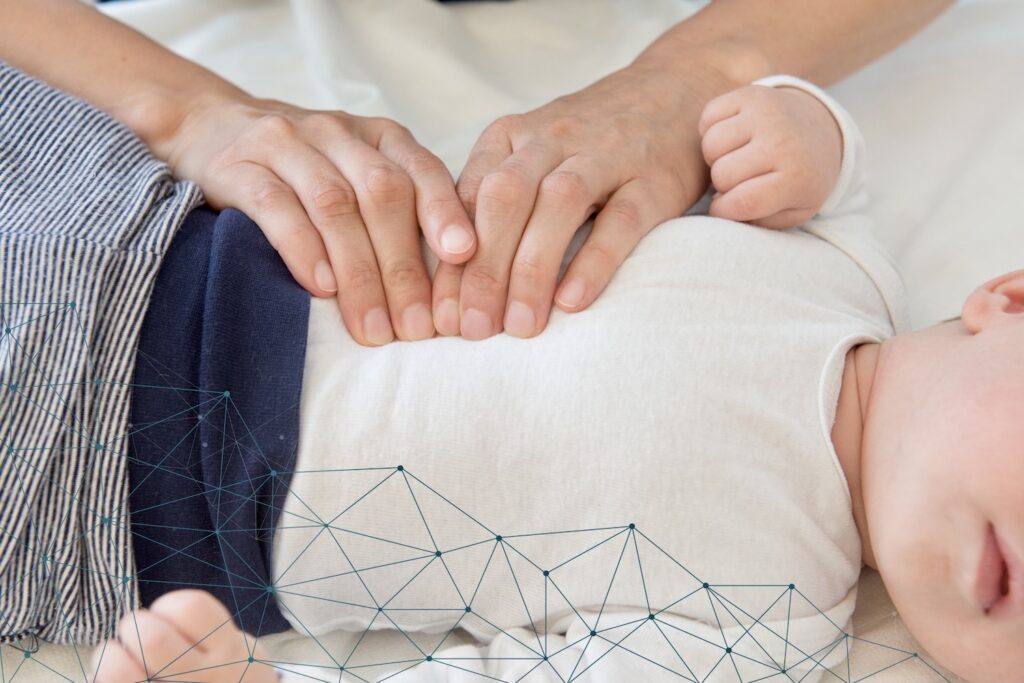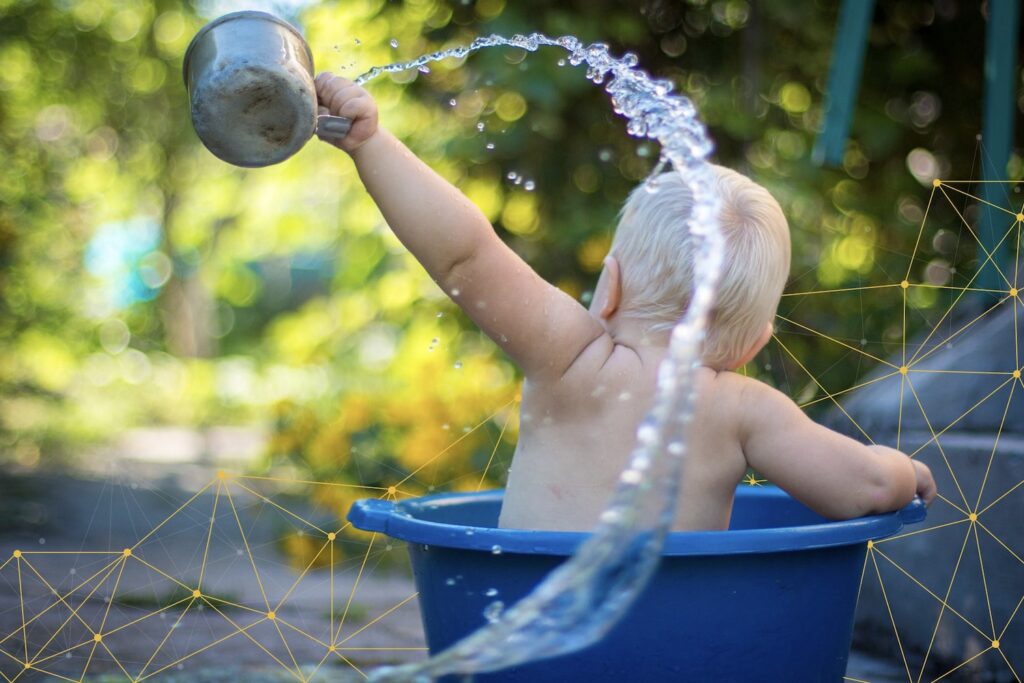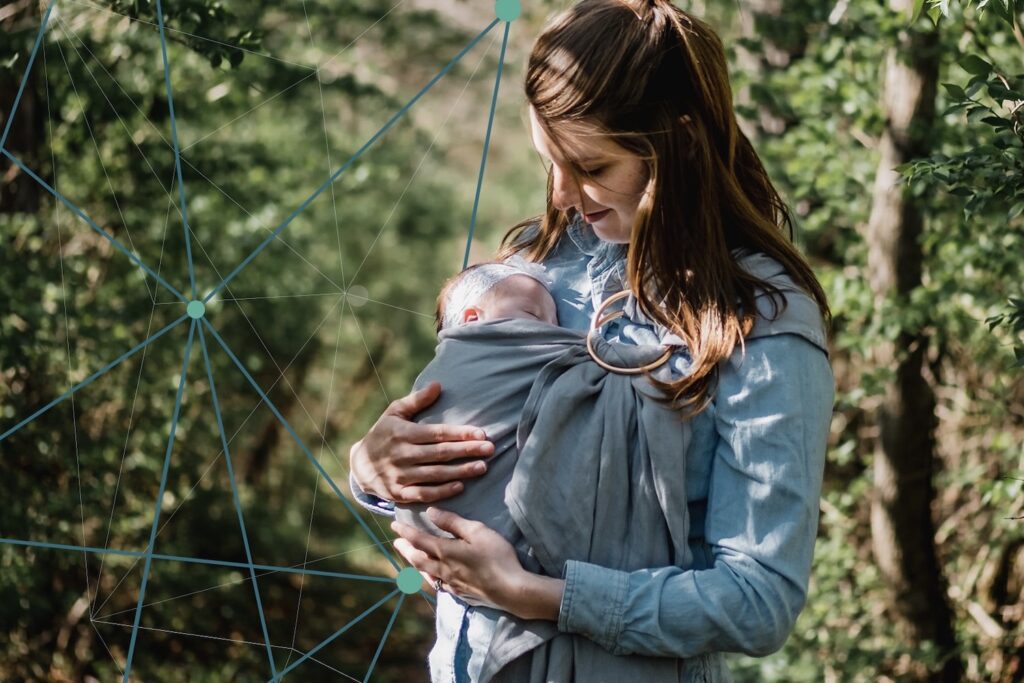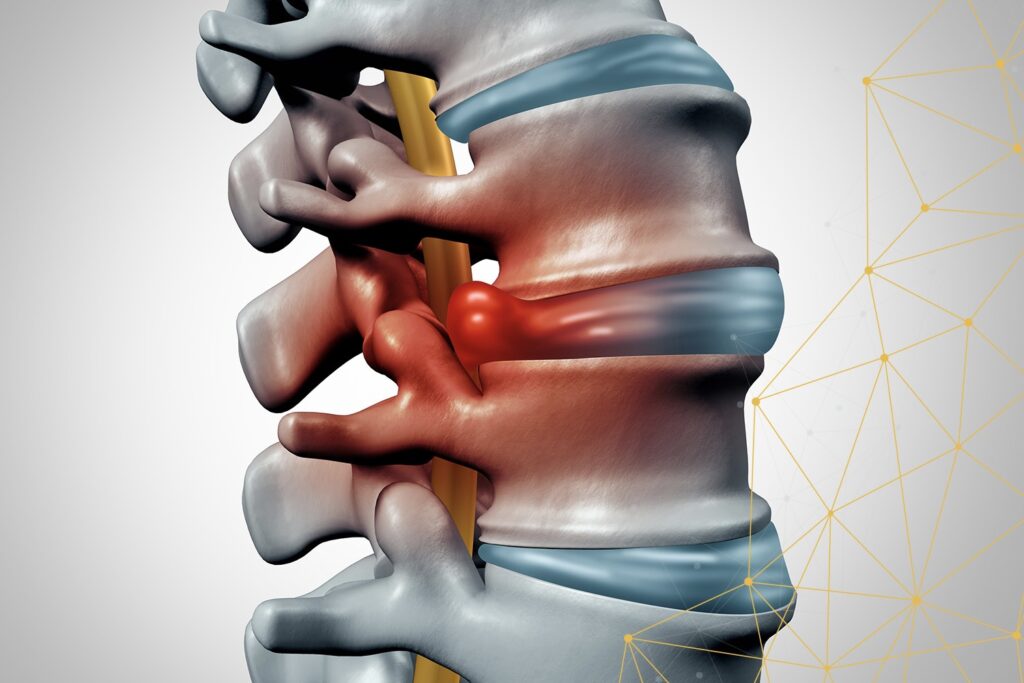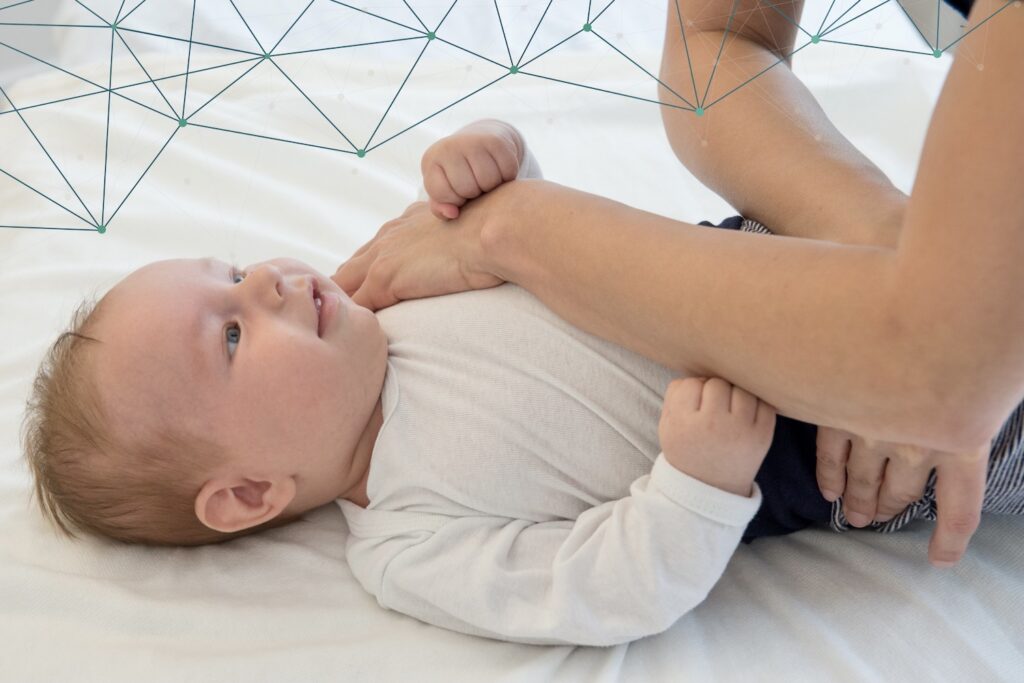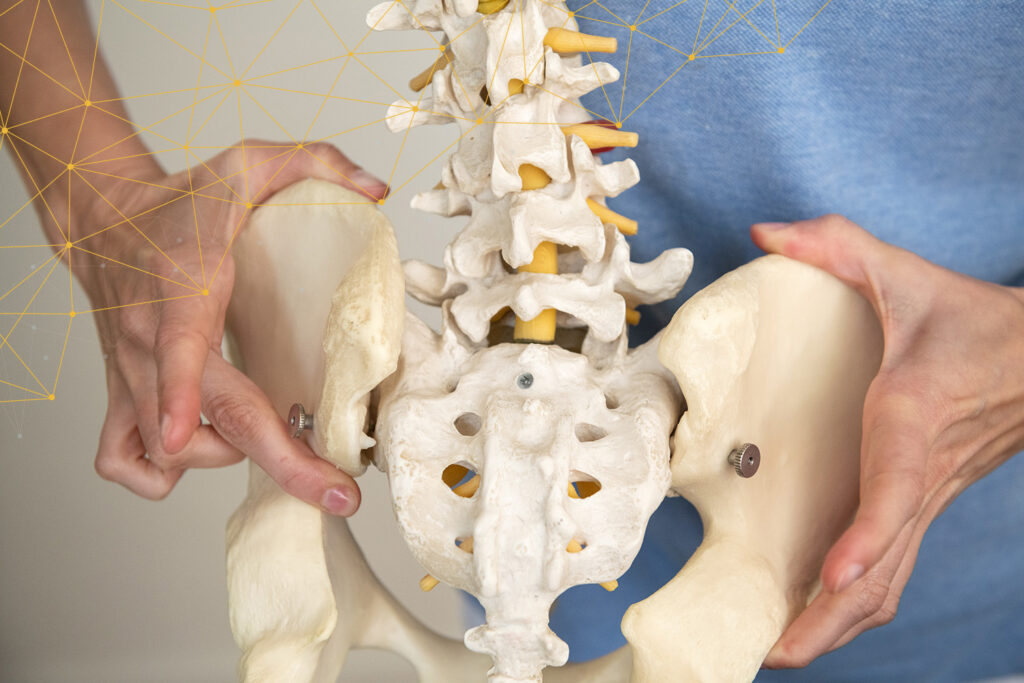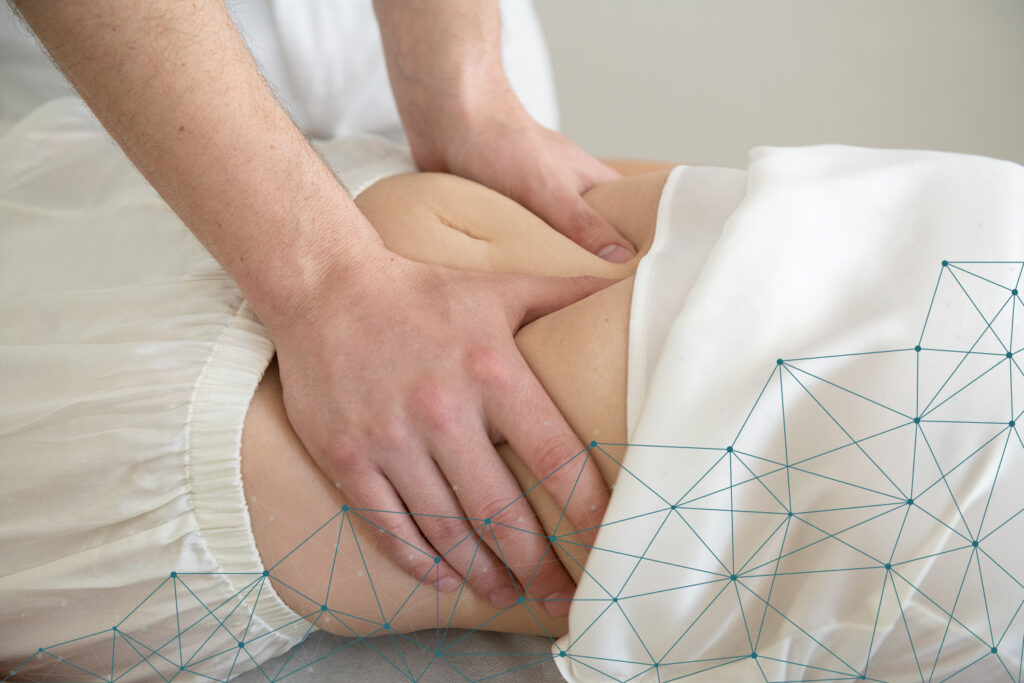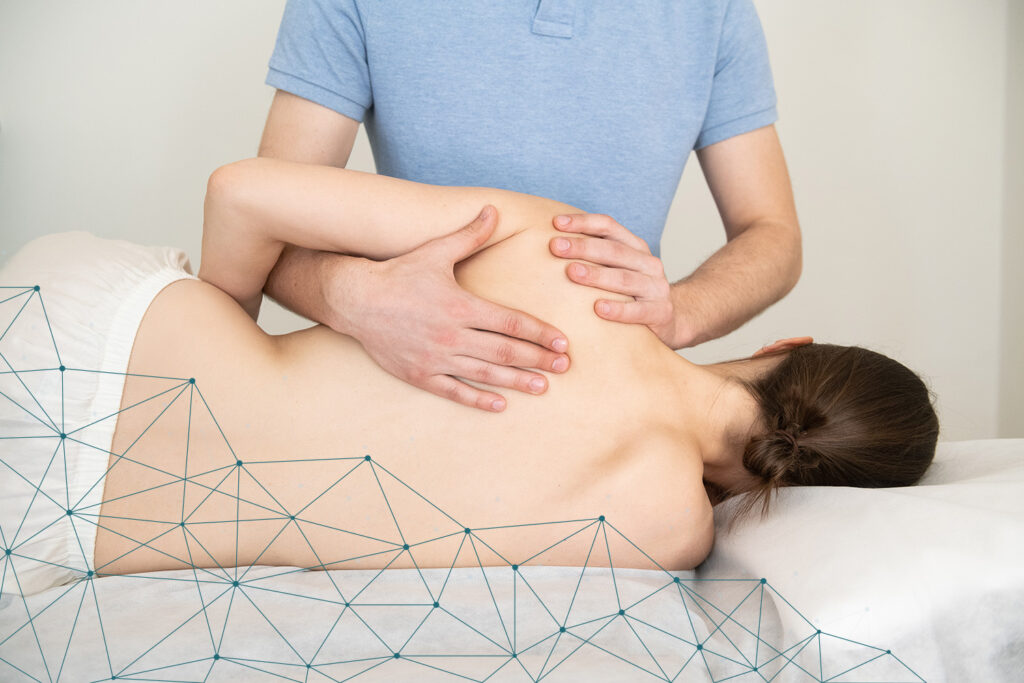Osteopathy for growing pains in children
Growing pains in younger children and adolescents
Growing pains are a common complaint in younger children and adolescents. In fact, up to one in three children may experience this pain during their lifetime.
Growing pains are often described as pain in the legs, thighs, shins or calves and are worse at night, with limited pain during the day.
Growth pains: muscles and bones
Sometimes the pain can be severe and interrupt sleep. Growing pains generally do not affect the joints and do not cause swelling, overheating, redness or limping – so if your child has these symptoms, it is important to see a doctor immediately.
Growing pains are typically felt in the muscles and bones and often do not respond very well to typical treatments with heat and over-the-counter painkillers.
Osteopathy for growth pains
Osteopathy can be very effective in treating growing pains. Osteopathic treatment works by creating stretch and relaxation through the soft tissue surrounding the bones and releasing movement through the joints.
Connective tissue and muscular restrictions in the area of the complaints as well as other related parts of the body such as the pelvis or lumbar spine can be efficiently eliminated by the treatment.
In combination with other treatment modalities as needed, it may be the best option for parents with a condition that is often inadequately treated by conventional medical approaches.
Haben Sie Fragen zur Osteopathie
und wünschen Sie einen Termin?
Kontaktieren Sie uns per Telefon. Gerne besprechen wir mit Ihnen, wie wir Sie oder Ihr Kind unterstützen können.
Do you have any questions
and would you like an appointment?
Contact us by phone. We would be happy to discuss with you how we can support you or your child.
